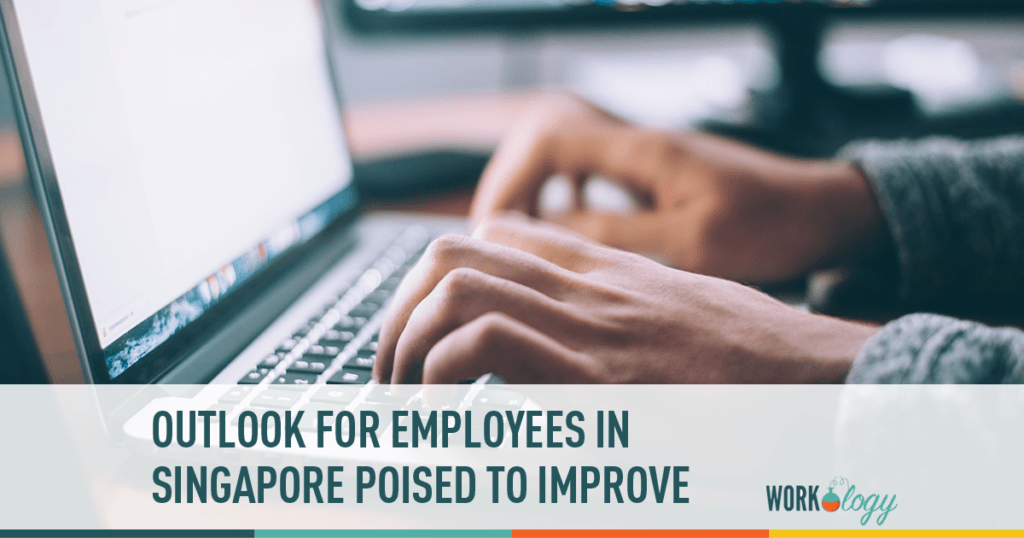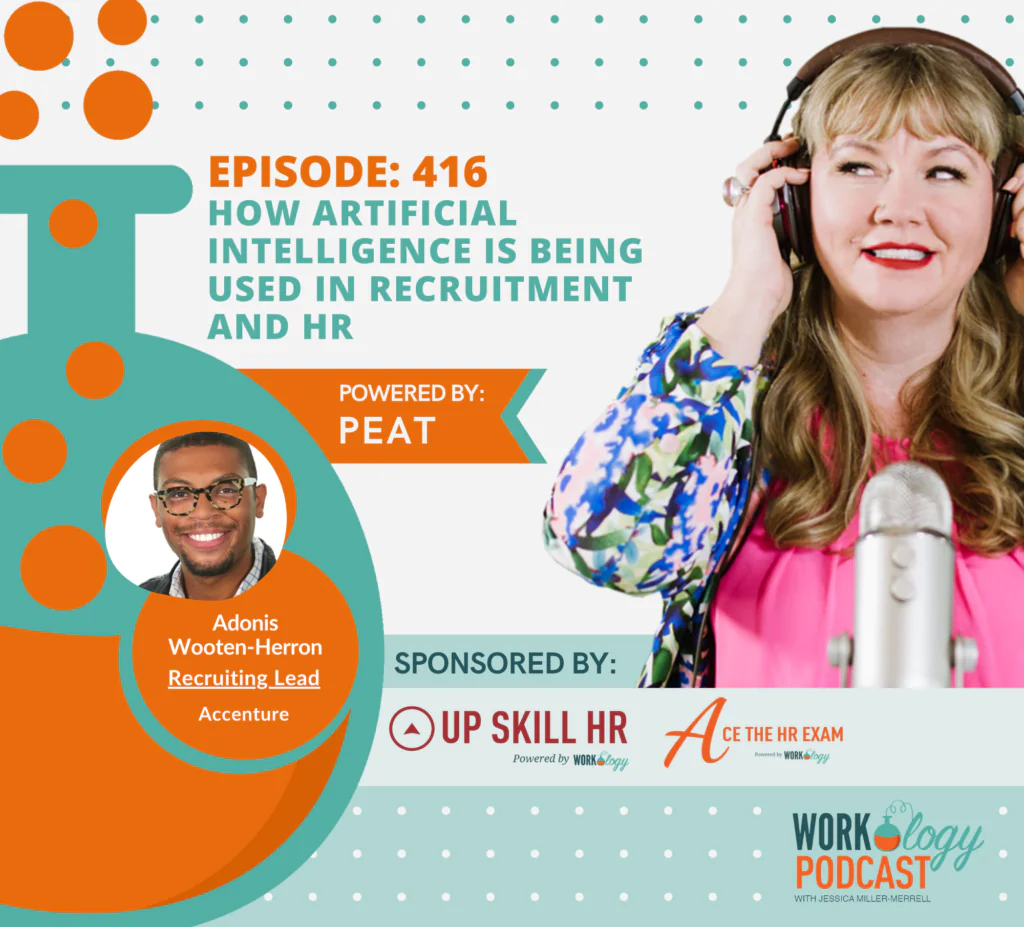As the economy in Singapore grows, so too will the conditions for its employees. These improving conditions are taking several different forms, the most prominent of which are more flexibility in working arrangements and increased wages.
Outlook for Employees Poised to Improve
But employees aren’t the only ones seeing the benefits of these developments; employers are reaping the rewards as well.
Changing the Way Work is Done
In the case of increased flexibility in the way work is getting done, more companies are providing attractive alternatives to the standard work schedule.
At roughly 35% of companies around the country, employees have options that can include part-time and home-based work.
This number is a 10% increase over what was reported in 2007 and can attributed, at least partially, to Singapore’s improved Infocomm Technology (ICT) infrastructure.
Because of these arrangements, employers are seeing lower operating costs and increased productivity.
Taking Home More Pay
In 2012, it’s projected that inflation will grow to 2.9% in Singapore, and with that will come a 1.6% real wage increase, which is 1.2% higher than the real wage increase workers saw in 2011.
While this increase will be seen across the board in the country, the sectors that can anticipate the highest increases include banking and financial services, transportation, and fast moving consumer goods.
This increase in take home pay complements plans across hundreds of Singapore-based companies to increase staff size by 5 to 10%, especially among high demand professionals like engineers, sales professionals, financiers and accountants, and administration/support specialists.
How These Changes Are Affecting the Idea of Work
Increased wages and flexible working options are having two major affects on the way work is perceived in Singapore
- Older workers are staying longer/returning to work– In 2009 57.2% of workers between the ages of 55 and 64 in the country remained in the labor market. Two years later, that number jumped to 61.2%, and it will likely increase from there.This is especially beneficial for companies that might be facing shortages in manpower.
- Employees are staying with their companies longer– These incentives have created an environment where employees remain with certain companies longer.Besides higher pay and alternative scheduling, many companies are implementing retention strategies that include career advancement and leadership programs for their employees.
These signs all point to Singapore’s economy growing stronger and being better able to compete on the world stage.
These as well as other issues in human resources in Singapore reflect efforts by the country’s government to make the best of available labor resources for the sake of establishing strong trends for the country’s economic future.









